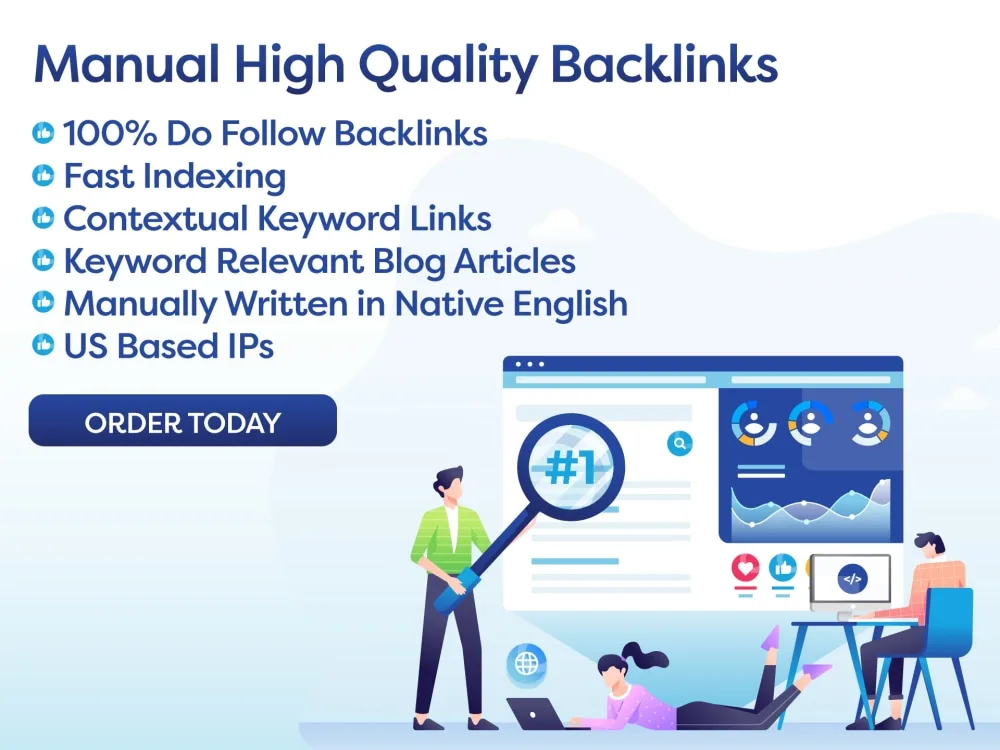Unlock the secrets of SEO success for small businesses with our comprehensive guide. Learn actionable strategies to boost your online visibility.
Table of Contents
Understanding the Importance of SEO for Small Businesses
Introduction to SEO for Small Businesses
In today’s digital age, having a strong online presence is crucial for the success of small businesses. Search Engine Optimization (SEO) plays a pivotal role in ensuring that your business gets discovered by potential customers when they search for products or services online. This section will introduce the concept of SEO and its significance in helping small businesses increase their visibility, attract targeted traffic, and ultimately drive conversions.
The Benefits of SEO for Small Businesses
SEO offers a multitude of benefits for small businesses, including increased brand visibility, higher website traffic, improved credibility and trustworthiness, and a competitive edge in the market. This part will delve into each of these benefits in detail, illustrating how a well-executed SEO strategy can level the playing field for small businesses, allowing them to compete effectively with larger competitors and expand their customer base.
Challenges Faced by Small Businesses in SEO
While SEO can be incredibly rewarding for small businesses, it also comes with its own set of challenges. Limited budgets, resource constraints, and lack of expertise are common hurdles that small businesses may encounter when trying to implement an SEO strategy. This section will discuss these challenges and provide insights into how small businesses can overcome them by prioritizing efforts, leveraging cost-effective solutions, and seeking assistance from professionals when needed.
Building a Solid Foundation for Your Small Business SEO Strategy
Keyword Research and Analysis
Keyword research is the cornerstone of any successful SEO strategy. This section will discuss the importance of identifying relevant keywords that your target audience is using to search for products or services similar to yours. It will cover techniques for conducting keyword research, such as using keyword research tools, analyzing competitor keywords, and considering long-tail keywords to capture more specific search queries.
On-Page SEO Optimization Techniques
Optimizing on-page elements of your website is essential for improving its visibility in search engine results pages (SERPs). This part will explore key on-page SEO techniques, including optimizing meta titles and descriptions, using strategic keyword placement in content, improving site speed and mobile responsiveness, and implementing structured data markup to enhance search visibility.
Creating High-Quality Content
Content is king in the world of SEO, and producing high-quality, relevant content is vital for attracting and engaging your target audience. This section will discuss the importance of creating informative, valuable content that addresses the needs and interests of your audience. It will also cover content optimization techniques, such as incorporating targeted keywords naturally, optimizing images and multimedia elements, and maintaining a consistent publishing schedule.
Implementing Advanced Strategies to Boost SEO Performance
Local SEO Tactics for Small Businesses
Local SEO is essential for small businesses looking to attract customers from their local area. This section will explore tactics such as optimizing Google My Business listings, obtaining local citations, encouraging customer reviews, and geo-targeting keywords to improve visibility in local search results. It will also discuss the importance of consistency in NAP (Name, Address, Phone Number) information across online directories.
Earning Quality Backlinks
Backlinks remain a crucial ranking factor in SEO, but it’s essential to focus on quality over quantity. This part will discuss strategies for earning high-quality backlinks, such as creating shareable content, guest blogging on reputable sites, participating in industry forums, and reaching out to influencers for collaborations. It will emphasize the importance of natural link-building tactics and avoiding spammy or black-hat practices.
Optimizing for Mobile and Voice Search
With the increasing prevalence of mobile devices and voice-activated assistants, optimizing your website for mobile and voice search is critical. This section will cover techniques for mobile optimization, including responsive design, fast-loading pages, and mobile-friendly content formats. It will also discuss optimizing for voice search by targeting conversational keywords and providing concise, informative answers to common queries.
Navigating Common Questions and Challenges in Small Business SEO
FAQ 1: How long does it take to see results from SEO efforts for small businesses?
Answer: The timeframe for seeing results from SEO efforts can vary depending on various factors such as the competitiveness of your industry, the current state of your website, and the effectiveness of your strategies. Generally, noticeable improvements may be seen within a few months, but significant results often take six months to a year.
FAQ 2: Can small businesses compete with larger competitors in SEO?
Answer: Yes, small businesses can compete effectively in SEO by focusing on niche markets, optimizing for local search, and leveraging long-tail keywords. Additionally, small businesses can capitalize on their agility and personalized customer service to gain an edge over larger competitors in specific areas.
FAQ 3: How can small businesses measure the success of their SEO strategy?
Answer: Small businesses can measure the success of their SEO strategy through various metrics such as website traffic, keyword rankings, conversion rates, and engagement metrics. Tools like Google Analytics and Google Search Console provide valuable insights into these metrics, allowing businesses to track progress and make informed decisions.
FAQ 4: What are some common mistakes small businesses make in SEO?
Answer: Common SEO mistakes made by small businesses include neglecting local SEO, failing to create high-quality content, ignoring technical SEO issues, and relying solely on outdated tactics. It’s essential for small businesses to stay informed about SEO best practices and continuously monitor and optimize their strategies for success.



